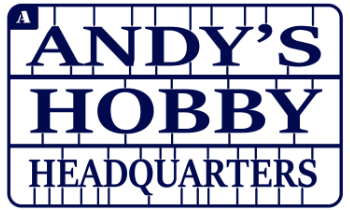Description
Product information "Volume 35: Büssing’s schwere Pz.Spähwagen, Part 1: Sd.Kfz. 231 & 232"
Author: Holger Erdmann
Dear customers and readers,
In common parlance the word "tanks“ (in German “Panzer”) means an armored tracked fighting vehicle. But reconnaissance units of the Reichswehr and Wehrmacht used armored wheeled vehicles, which were also called “Panzerwagen” (armored car). On the well-built streets of mid- and Western Europe they offered the advantage of higher speed, lower noise when driving and greater range; with sufficient armor protection and weaponry. In the course of rearmament of the Reichswehr and Wehrmacht at the beginning of the 1930s, funds were limited, but armored cars could be produced at a lower price than tracked vehicles. After the first experiences with early developments of 4-wheeled (Kfz.13 & 14) and 6-wheeled armored cars (Kfz.67 & 67a) their poor cross-country capability was quickly recognized. This led to the development of the 8-wheeled armored cars with the specially developed GS chassis by the company Büssing-NAG, called Sd.Kfz. 231, 232 (originally called Sd.Kfz. 233, 234) and 263. In the course of the war a fourth variant was introduced, the Sd.Kfz 233 (7,5 cm KwK), and in small numbers a ballistic measuring vehicle was built. The extensive available material brought us to the decision to break this family of vehicles into two volumes. This first volume deals with the Sd.Kfz. 231 and 232 (first called Sd.Kfz. 233 and 234).
Dear customers and readers,
In common parlance the word "tanks“ (in German “Panzer”) means an armored tracked fighting vehicle. But reconnaissance units of the Reichswehr and Wehrmacht used armored wheeled vehicles, which were also called “Panzerwagen” (armored car). On the well-built streets of mid- and Western Europe they offered the advantage of higher speed, lower noise when driving and greater range; with sufficient armor protection and weaponry. In the course of rearmament of the Reichswehr and Wehrmacht at the beginning of the 1930s, funds were limited, but armored cars could be produced at a lower price than tracked vehicles. After the first experiences with early developments of 4-wheeled (Kfz.13 & 14) and 6-wheeled armored cars (Kfz.67 & 67a) their poor cross-country capability was quickly recognized. This led to the development of the 8-wheeled armored cars with the specially developed GS chassis by the company Büssing-NAG, called Sd.Kfz. 231, 232 (originally called Sd.Kfz. 233, 234) and 263. In the course of the war a fourth variant was introduced, the Sd.Kfz 233 (7,5 cm KwK), and in small numbers a ballistic measuring vehicle was built. The extensive available material brought us to the decision to break this family of vehicles into two volumes. This first volume deals with the Sd.Kfz. 231 and 232 (first called Sd.Kfz. 233 and 234).
Estimate shipping
Payment & Security
Your payment information is processed securely. We do not store credit card details nor have access to your credit card information.


